
Ecosystem diversity drives origin of new shark and ray species
What drives the evolution of new species of sharks and rays? Traditionally, scientists thought it required species to be separated by geographic or spatial barriers, however […]

What drives the evolution of new species of sharks and rays? Traditionally, scientists thought it required species to be separated by geographic or spatial barriers, however […]
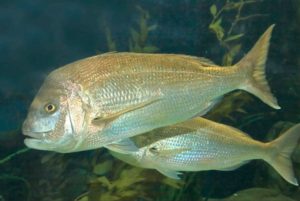
In-depth studies into understanding underground water at mine sites – and to improve the management of Australian and NZ snapper fisheries – will be led by […]
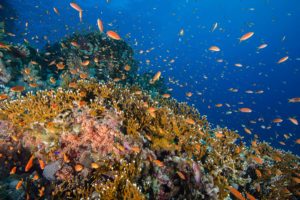
Warm and cool water temperatures over a long stretch of coastline cause new species of marine fish to evolve without being isolated from similar types of […]
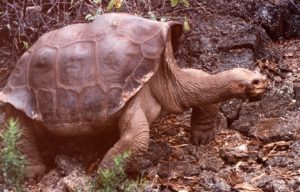
New research into the genome of the world famous giant tortoise, Lonesome George, provides extraordinary insights into the species’ large size, ability to live up to […]
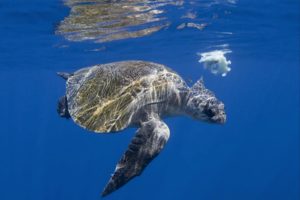
New research has revealed how an endangered turtle capable of traversing big distances to find a mate may not do so due to seasonal ocean currents. […]
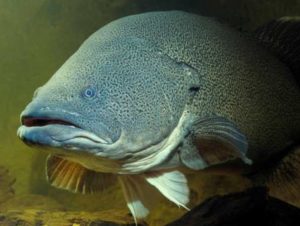
The future of native fish species in Murray-Darling waterways will get a boost with assistance from Flinders University fish genomics experts. The Molecular Ecology Lab at Flinders University […]
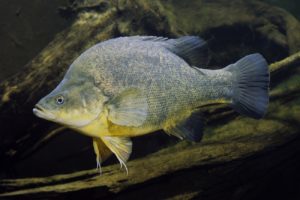
Flinders’ ecologists have discovered that the DNA of Australia’s wetland fish may hold the ‘golden key’ to saving them from climate change. A team led by Professor […]
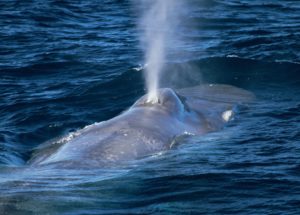
Clues in the DNA of endangered blue whales – the largest living animal – have shown that Australia is home to one population that likely travels […]
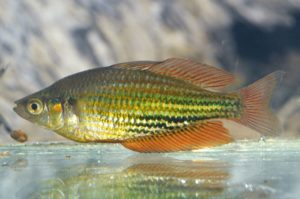
Researchers at Flinders have created SWINGER, computer software with an algorithm that uses information from DNA to match-make endangered animals for captive breeding.